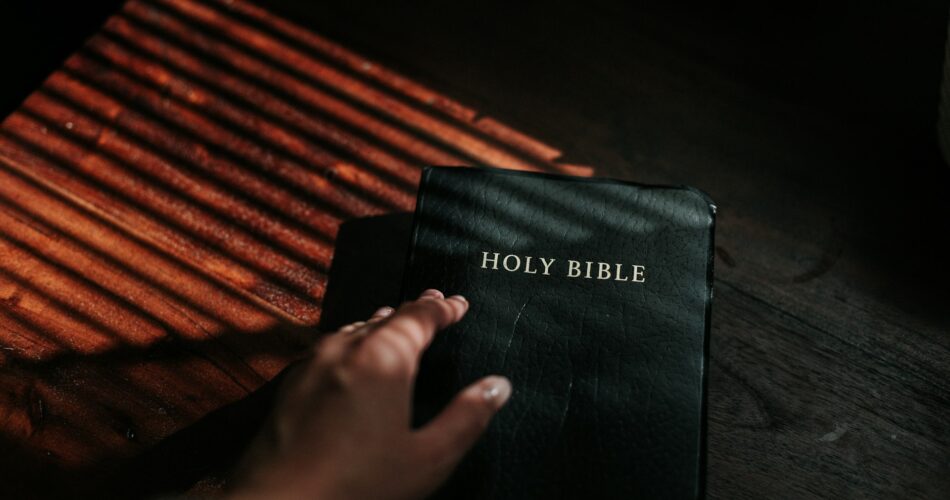It’s a historic moment.
For the first time in nearly 500 years, the earliest complete Welsh-language translation of the Bible has been brought to Wales. Originally translated in 1588 by Bishop William Morgan, the Bible was created so Welsh speakers could access Scripture in their native language. Since its printing, one of the original copies has been preserved at Westminster Abbey, where Morgan had presented it as a gift. This historic volume is now on public display at St. Davids Cathedral in Wales until July 9.
The Bible’s arrival was coordinated to coincide with a conference hosted by the Cathedral Archives, Libraries and Collections Association. According to Westminster Abbey officials, the Bible serves as a powerful symbol of the Church’s role in education and cultural preservation. It was also revealed that this specific copy had remained in remarkably good condition, likely due to its limited use compared to other versions that were circulated and regularly read in Welsh churches.
Bishop Morgan had undertaken the translation by compiling and refining earlier versions of the Bible into a unified Welsh edition. While overseeing its printing, he stayed at Westminster Abbey’s Deanery, with the support of Dean Gabriel Goodman, a fellow Welshman. An inscription on the Bible’s title page records it as a personal gift from Morgan to Goodman and the Abbey. In past centuries, the Abbey chained such valuable books to prevent their removal.
This historic Bible had only ever been used in a church service once before, in 1988, at a Welsh-language church in London. Officials involved in bringing the Bible to Wales noted the significance of the moment, given that previous efforts to preserve such documents meant few survived in good condition. The exhibition is viewed as an opportunity to honor both Welsh linguistic heritage and Christian tradition.
Church leaders, including the Bishop and Dean of St. Davids, expressed pride in hosting the Bible’s first visit to its homeland. They emphasized the importance of the translation not just for religious purposes, but also for the development and preservation of the Welsh language. By making this rare piece of history accessible to the public, they hope to reconnect the nation with a cornerstone of its cultural and spiritual identity.
